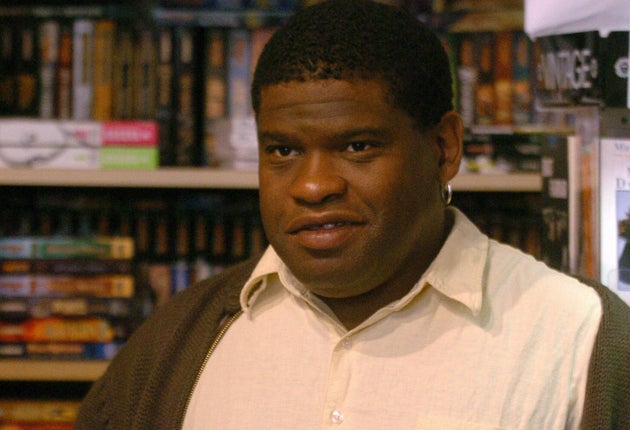Benjamin Jealous: The Future of the NAACP? Radio 4<br/>Between Ourselves, Radio 4
A campaign marred by bickering and led by a mouse

Last month's furore over the arrest of Professor Henry Louis Gates shattered any lingering illusions about a "post-racial America", that concept so readily bandied about at the height of Obamamania.
Thus, Radio 4's documentary to mark the centenary of the National Association for the Advancement of Colored People (NAACP) couldn't have been more pertinent. An anniversary it may have been, but a celebration it was not.
Where once the NAACP pioneered the civil rights movement, here journalist Gary Younge asked if it remained relevant now the big fights seem to be won. The answer was a resounding, "It should be." As its new leader Benjamin Jealous said of his "children of the dream" generation: "We were told ... 'your job is to work hard and get rich', and then we came of age to find ourselves ... the most incarcerated generation on the planet." Then came the recent story of a Philadelphia swimming club that barred a group of mostly black and Hispanic children. Discrimination had nothing to do with it, they protested: they simply feared they might "change the complexion" of the club. Sometimes language speaks louder than statistics.
So where is the NAACP now? Riven by infighting since the 1980s, it's also fallen victim to political apathy. "Many individuals feel there may not be a necessity for the NAACP until something happens to them," admitted a volunteer. As for Jealous, he talked a confident game, though mutterings about his inexperience, at 36, suggest that change will not come easy. Younge, too, appeared sceptical: of Jealous's maiden convention speech, he noted it "was an appeal to the organisation's head, not its heart". Jealous was heard rhapsodising over a recent online voter registration drive. But if the post-racial delusion is to become a reality, maybe mouse-clicks can go only so far.
Race was also the cornerstone of the first episode of Between Ourselves, the series where Olivia O'Leary brings together two people to discuss shared experiences. This week, Asian comics Shazia Mirza and Paul Sinha talked about prejudice and pigeonholing from inside and outside their ethnic communities. Sadly, their conversation skirted over difficult questions, and leapt to platitudinous conclusions: comedy can bring people together, etc. And then there was the oft-patronising O'Leary, explaining one of Mirza's jokes as if we had yet to encounter anything more sophisticated than the Chuckle Brothers. If only participants could indeed keep it between themselves, and cut out the middlewoman.
Subscribe to Independent Premium to bookmark this article
Want to bookmark your favourite articles and stories to read or reference later? Start your Independent Premium subscription today.

Join our commenting forum
Join thought-provoking conversations, follow other Independent readers and see their replies